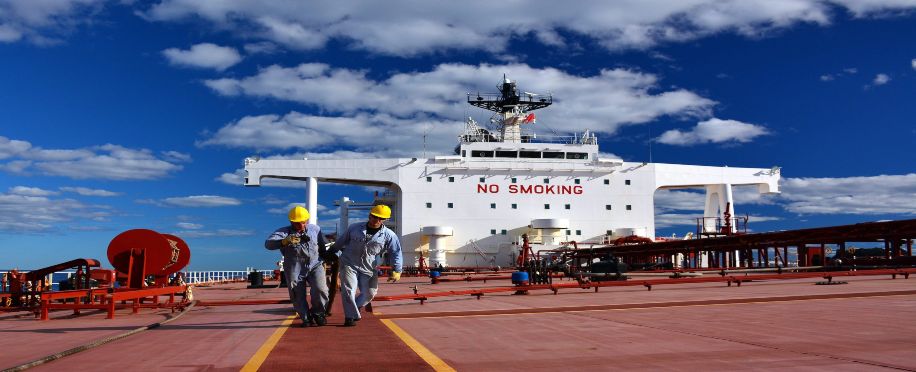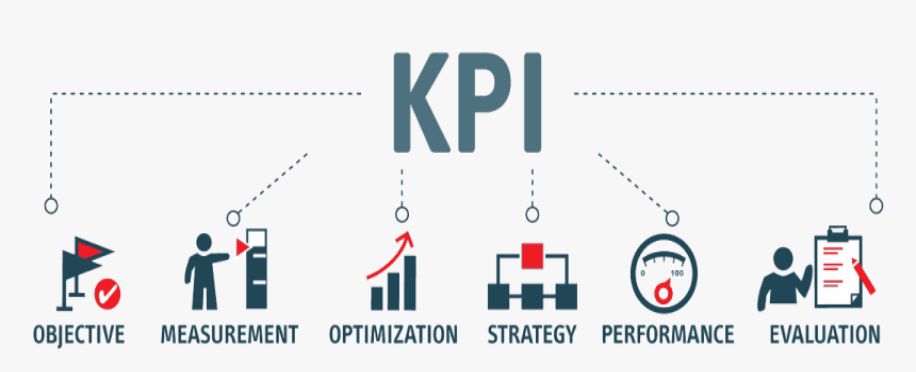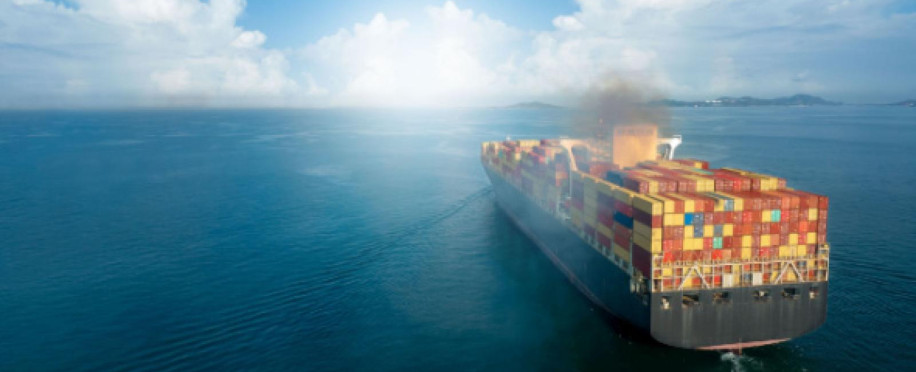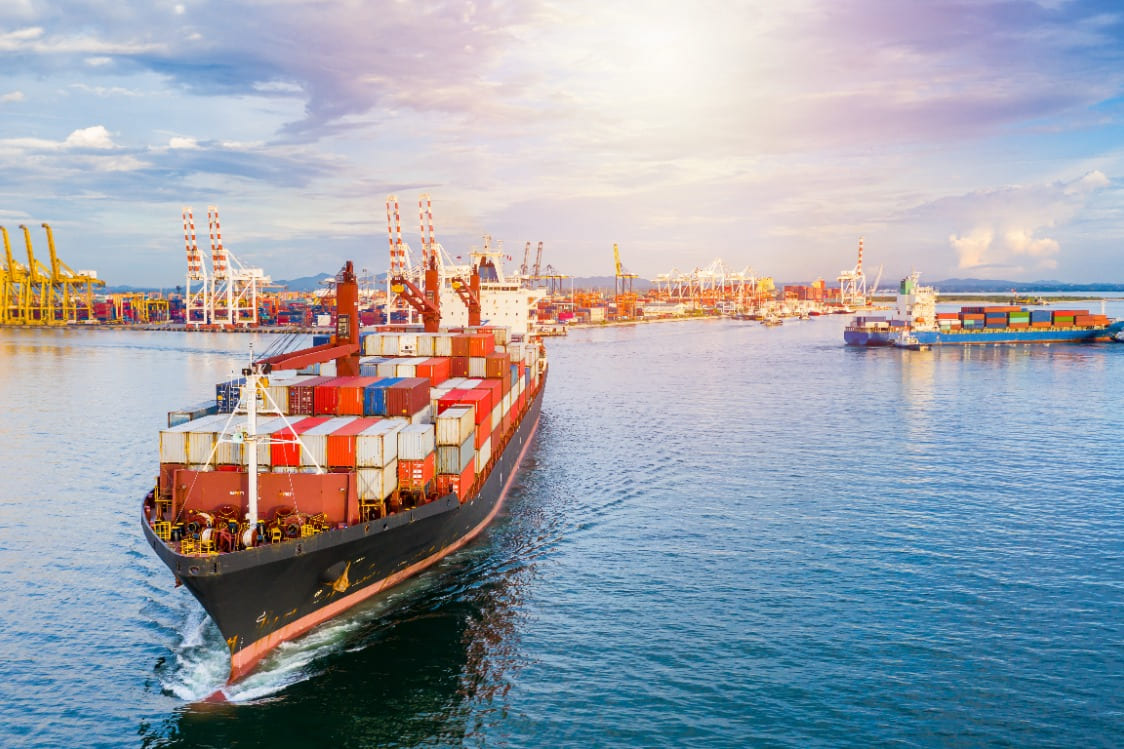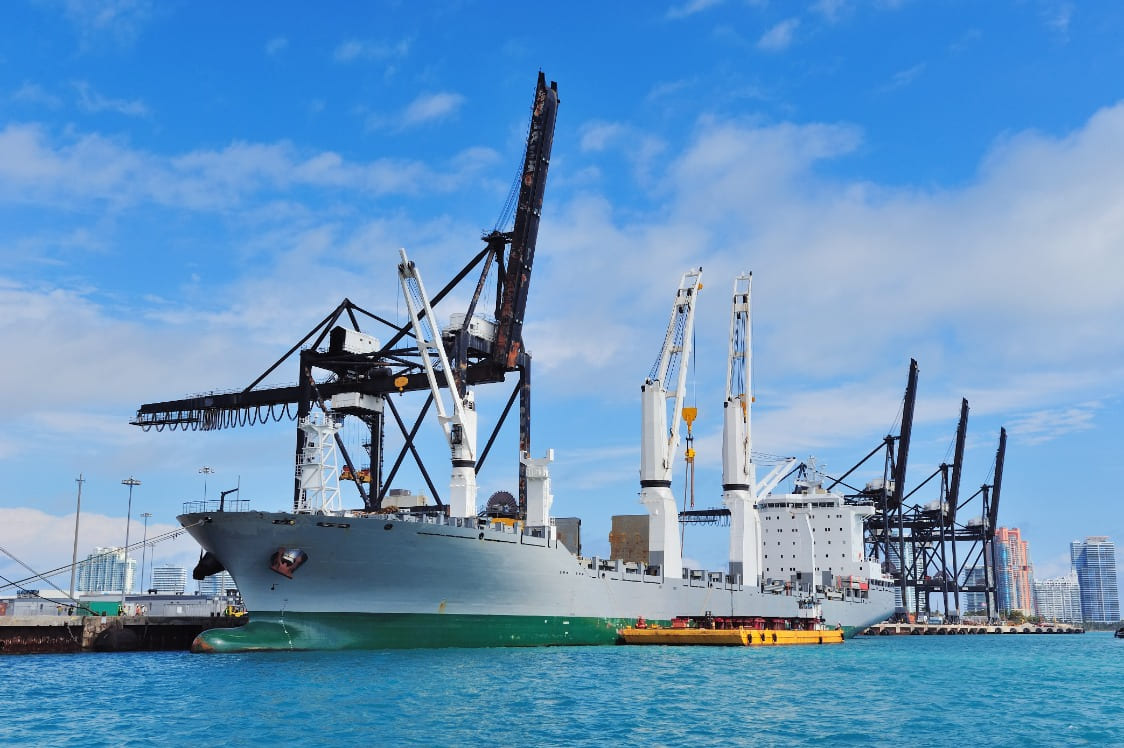Reassessing the Maritime Labour Convention (MLC 2006): A Global Call for Renewal from Seafarers
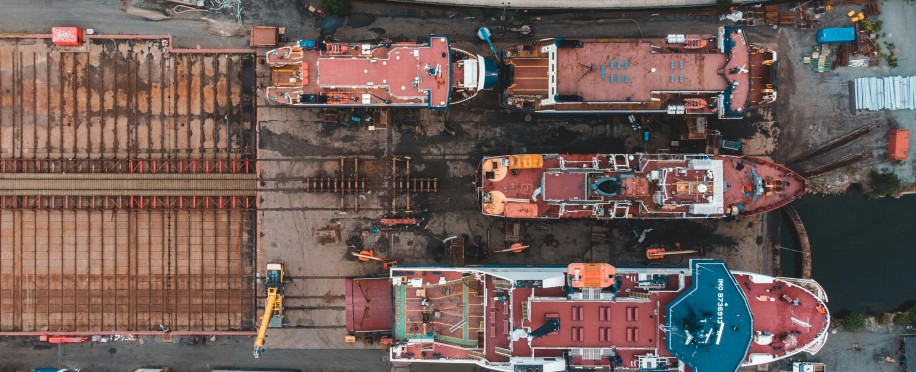
Posted on Apr 02, 2025 at 10:04 PM
The MLC 2006, described as the "fourth pillar" of international maritime law, was established by the International Labour Organization to protect the rights and welfare of seafarers globally. Since it entered into force, it has become the core framework ensuring fair treatment and compliance in the shipping industry. However, with evolving challenges and gaps in implementation, many believe the convention needs amendments.
Let’s take a closer look at the MLC 2006, what it includes, and why it needs to be updated.
Overview: MLC 2006 and Its Global Role
MLC 2006 was created to bring together more than 65 earlier ILO conventions into one unified and comprehensive instrument. It was intended to ensure that all seafarers—regardless of nationality, agency, or type of vessel—enjoy fundamental labour rights and social protection. Often referred to as the "ILO/MLC," this convention is based on four essential parts: minimum working and Rest Hours for Seafarers, living standards, health care, and recruitment.
The preamble of the convention outlines its purpose: to provide a harmonized approach that helps the security, dignity, and quality of life for maritime professionals. With backing from the IMO, the ILO, and other shipping organisations, it has become a subject of global commitment and internationally ratified campaigns.
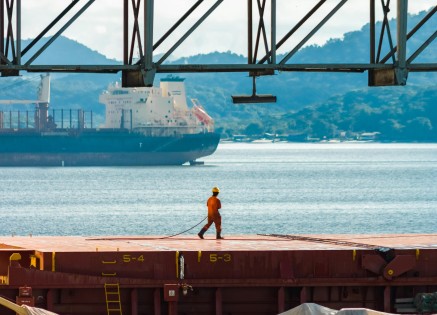
Implementation Challenges and the Case for Reform
While this convention addresses extremely important labor issues for the common seafarer, implementing those rules into the world's marine trade faces many challenges, such as:
1. Inconsistent Application and Enforcement
While the requirements and objectives of MLC 2006 are clear, its application remains uneven. Some port states and flag states conduct thorough inspections, while others perform minimal checks or lack the regulatory capacity to uphold obligations. This leads to varying conditions onboard similar commercial vessels, undermining the fair competition that the convention aims to foster.
Despite having a Maritime Labour Certificate and DMLC (Declaration of Maritime Labour Compliance), some ships still fail to meet standards due to loopholes and weak follow-through. As a result, seafarers continue to face poor living conditions, inadequate medical care, and exploitative employment contracts.
2. Flags of Convenience and Regulatory Gaps
The use of flags of convenience, registering ships under nations with lax regulatory frameworks, has contributed to inconsistent compliance. This controversial industry practice allows shipowners to bypass critical obligations, putting seafarers' rights at risk.
Even though MLC 2006 establishes a global framework, many vessels remain outside effective scrutiny. The organisation's circular letters, such as those issued by ClassNK and USIA, have emphasised the importance of closing these gaps. The Malta-based initiative to improve port state control is one such campaign aimed at strengthening enforcement.
3. Changing Industry, New Expectations
Modern shipping is evolving—bringing automation, new recruitment models, and more significant mental health concerns. The current MLC 2006 does not fully address these issues nor reflect the realities of informal employment, hybrid contracts, or the growing influence of third-party recruitment agencies.
Training institutions like Maritime Training Academy UK help seafarers learn about their rights and obligations and how to navigate regulatory processes. Still, without formal updates, many workers remain vulnerable. Amendments are urgently needed to protect those employed under atypical conditions, especially as commercial shipping becomes increasingly complex.
The Seafarers' Plea: Renew and Strengthen the Convention
With the rise of seafarers’ abandonment rates internationally, a new plea rises to improve the general situation that seafarers need to go through. Let’s take a look at some significant components:
1. Worker Voices and Labour Organisations
Seafarers around the world, from deckhands to officers, are urging for updated protections. Many have spoken out at ILO conferences, particularly during the February and August sessions, demanding more explicit guidance, better protection, significant use of technology (like chartplotters), and inclusion in decision-making.
These concerns are echoed in statements from OYETOLA, regional Denizcilik unions, and global federations. They call for expanded titles, improved training, and enforcement that goes beyond paperwork to focus on the realities of life at sea.
2. A Fairer, More Inclusive Framework
For the convention to remain effective and successful, future amendments must be based on inclusive dialogue that brings seafarers, shipowners, and regulatory bodies to the same table. A truly harmonized approach will foster trust and ensure that future updates incorporate worker experiences and concerns.
Additionally, the organisation’s collaboration with stakeholders like USIA, ClassNK, and training providers ensures broader access to certified knowledge and creates a stronger framework for both application and enforcement.
Conclusion: Reinforcing a Fair and Secure Maritime Future
The Maritime Labour Convention (MLC 2006) remains a landmark achievement, but its continued success depends on relevance and responsiveness. As the shipping landscape shifts, so must the convention. It must evolve to address better modern employment issues, social protections, and worker security.
Through inclusive reform, stronger inspections, and updated standards, MLC 2006 can continue to serve as the foundation of international maritime labour law. With collaboration from the ILO, governments, shipowners, training providers, and seafarers themselves, the vision of a fair and humane maritime world remains within reach.
